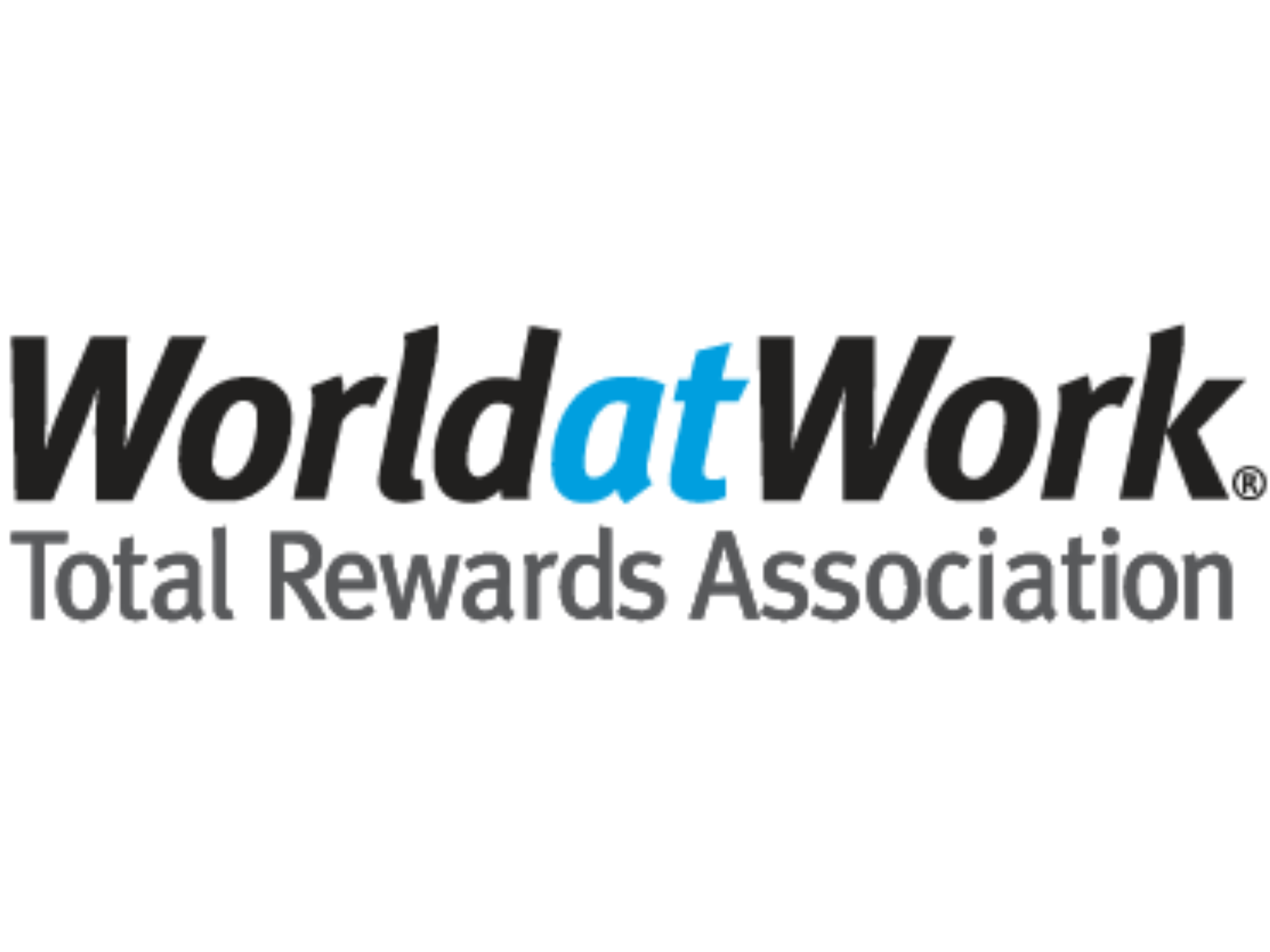
Get Ready Podcast with Daniel Lee: Have an Investment Plan
In this episode of GET READY!, I spoke with Daniel Lee, a fiduciary financial planner who is the head of Plancorp’s San Francisco office about the benefits of having an investment plan. Daniel discussed the components of an investment plan and what to keep in mind when reviewing your investment portfolio. We also discussed how people can incorporate socially and environmentally responsible investing into their strategy.
Puzzling Through Your Restricted Stock Unit (RSU) Compensation
Just as a single piece in a puzzle can be difficult to decipher all by itself, a Restricted Stock Unit (RSU) can be a bit of a head-scratcher as a stand-alone asset.
In isolation, RSUs are simply a form of equity-based compensation; your employer makes a grant, or a promise, to give you company stock shares under certain conditions. That’s nice. But if you’ve been offered this benefit and you really want to make best use of it, it’s worth considering it within the bigger picture of your overall investment portfolio.
First, let’s cover the basics. Then we’ll view how RSUs fit into your total planning puzzle.
Unpacking the Mega Backdoor Roth IRA
Are you a high-income earner, highly interested in stockpiling significant savings for your future retirement and/or legacy goals?
If so, you’ll want to know more about this high-flying retirement planning strategy. It can throw a powerful, tax-wise punch for savvy super-savers.
Part One: Making Basic Contributions
Part Two: Adding After-Tax Contributions
Part Three: Doing the Two-Step Mega Backdoor Roth
Part Four: Incorporating IRAs
The Sum of Your Retirement Planning Parts
Lose Your Concentration: How To Protect Yourself from Single Stock Risk
If a single stock makes up 10% or more of your investment portfolio, or if a major decline in the value of one stock will significantly impact your financial plan, you have a concentrated stock position.
A concentration in one stock in itself is not a bad thing – in fact, you may owe a significant portion of your wealth thanks to it! But now that your wealth has been built, we recommend diversifying out of hefty single stock positions for a few crucial reasons.
Your Employer Offers You Non-Qualified Deferred Compensation (NQDC): Now What?
It’s always nice to be recognized for a job well done. Being invited to participate in your employer’s non-qualified deferred compensation (NQDC) plan, is one such vote of confidence; it’s typically offered exclusively to select executives or similar high-performing employees.
Getting the Most out of Your ESPP Part 2: Tax Considerations
Is the tax advantage of holding onto ESPP shares for a "qualifying disposition" worth it?
Clients often ask, “Is it worth holding onto my ESPP shares longer for the tax advantage?” Generally, no. This article gives that question a thorough treatment, showing you that the tax advantage of holding onto shares may not be much of an advantage after all.
How to Maximize Retirement Savings Using Your Company’s Employee Benefits Policy
3 Useful Company Employee Benefits Policies for High Earners
The most advantageous — and often overlooked — benefits companies offer employees that are particularly useful for high earners are mega backdoor Roth contributions, health savings accounts (HSAs), and deferred compensation. Here is a quick breakdown of each benefit:
1. Mega Backdoor Roth Contributions
2. Health Savings Accounts
3. Deferred Compensation
Leveraging the Benefits Companies Offer Employees Strategically
The Untold Advantages of Your Employee Stock Purchase Plan (ESPP)
Congratulations, your employer has an Employee Stock Purchase Plan (ESPP)!
What’s that you say? You’re not sure congratulations are in order? That’s understandable. It’s easy to know what to make of excellent healthcare or an annual bonus. It’s harder to wrap your head around how to participate in a well-managed ESPP.
The Inner Workings of Your ESPP
Tricky Taxes
Using ESPP Proceeds to Fund Your Financial Goals
Planning To Benefit From Your Company ESPP


















